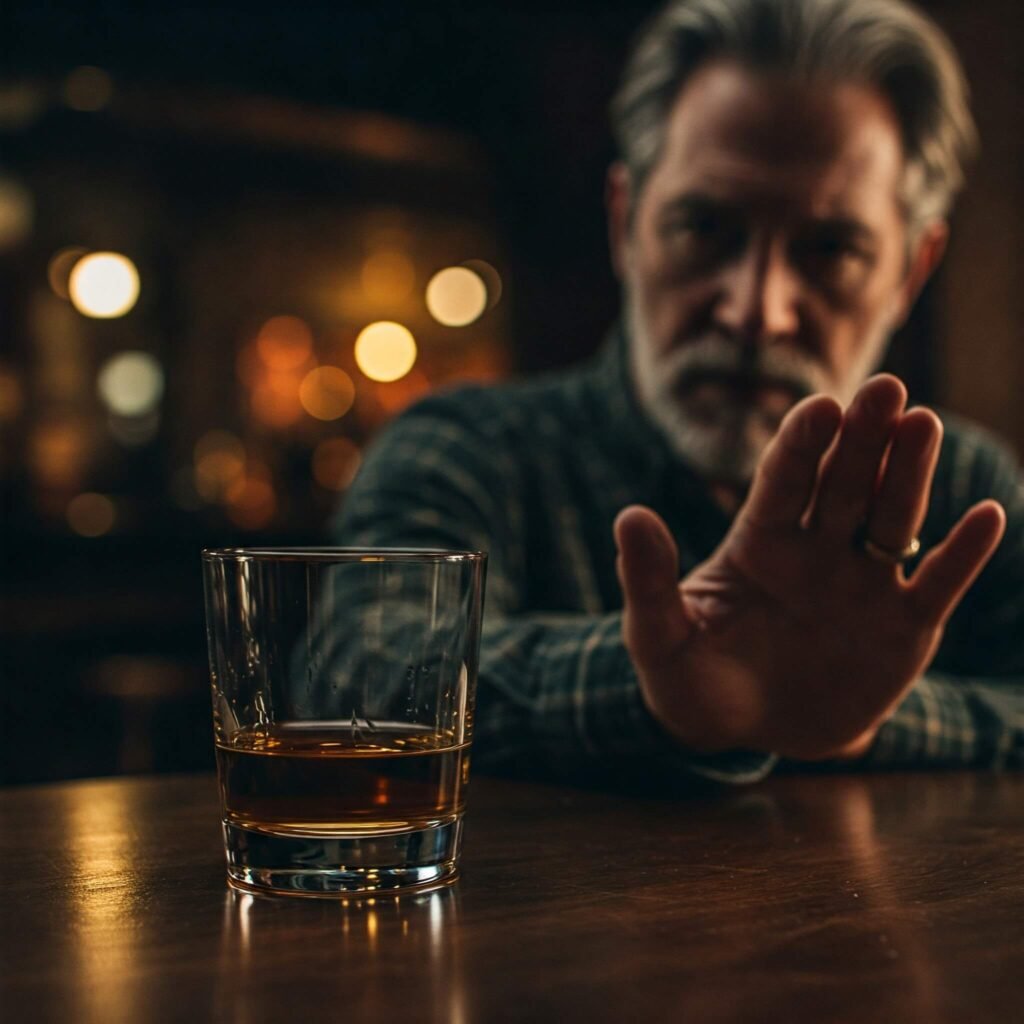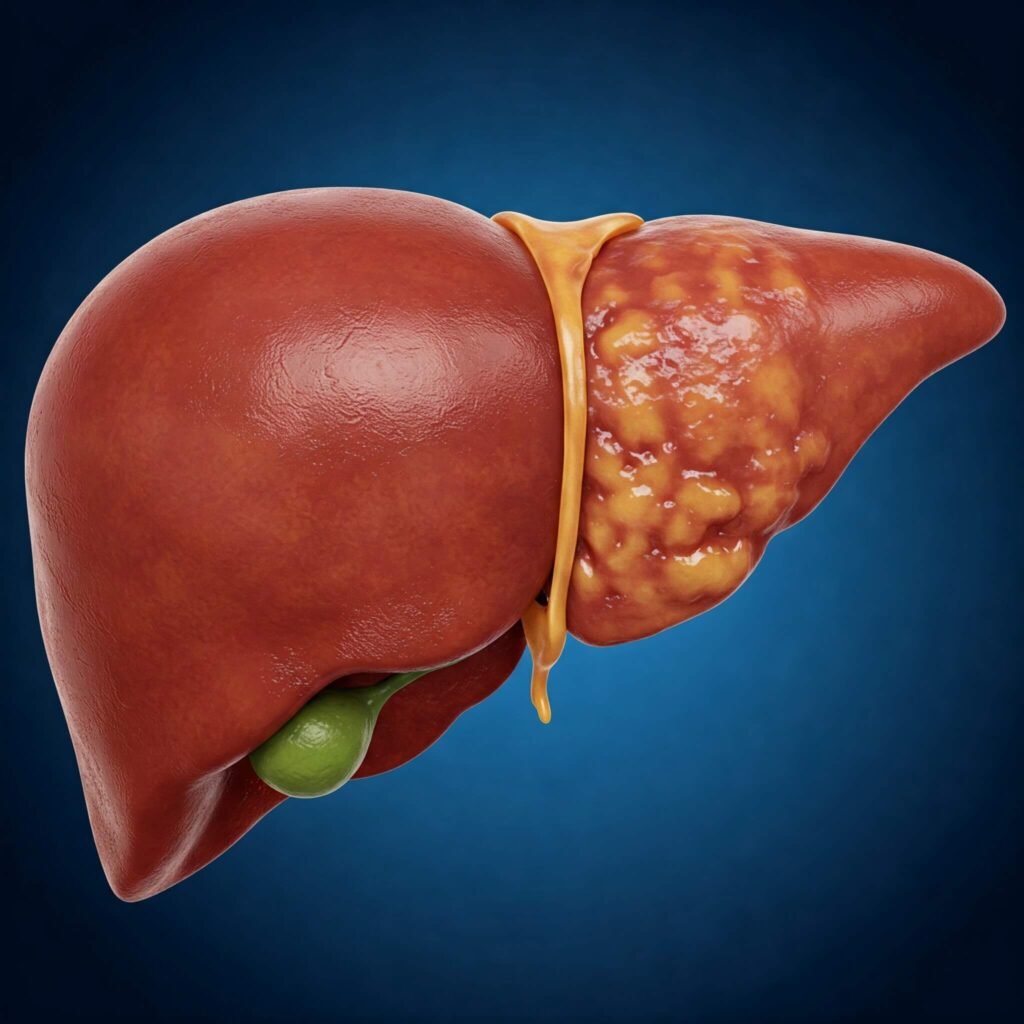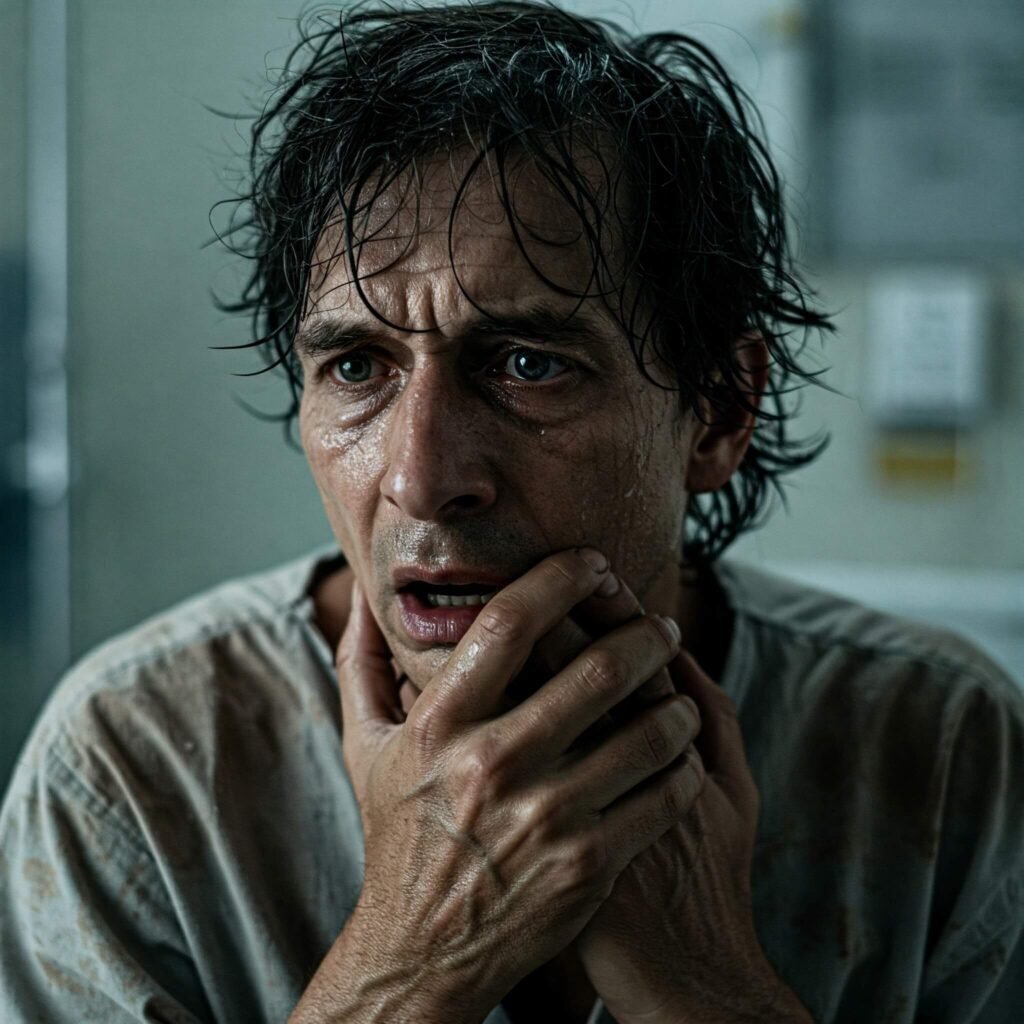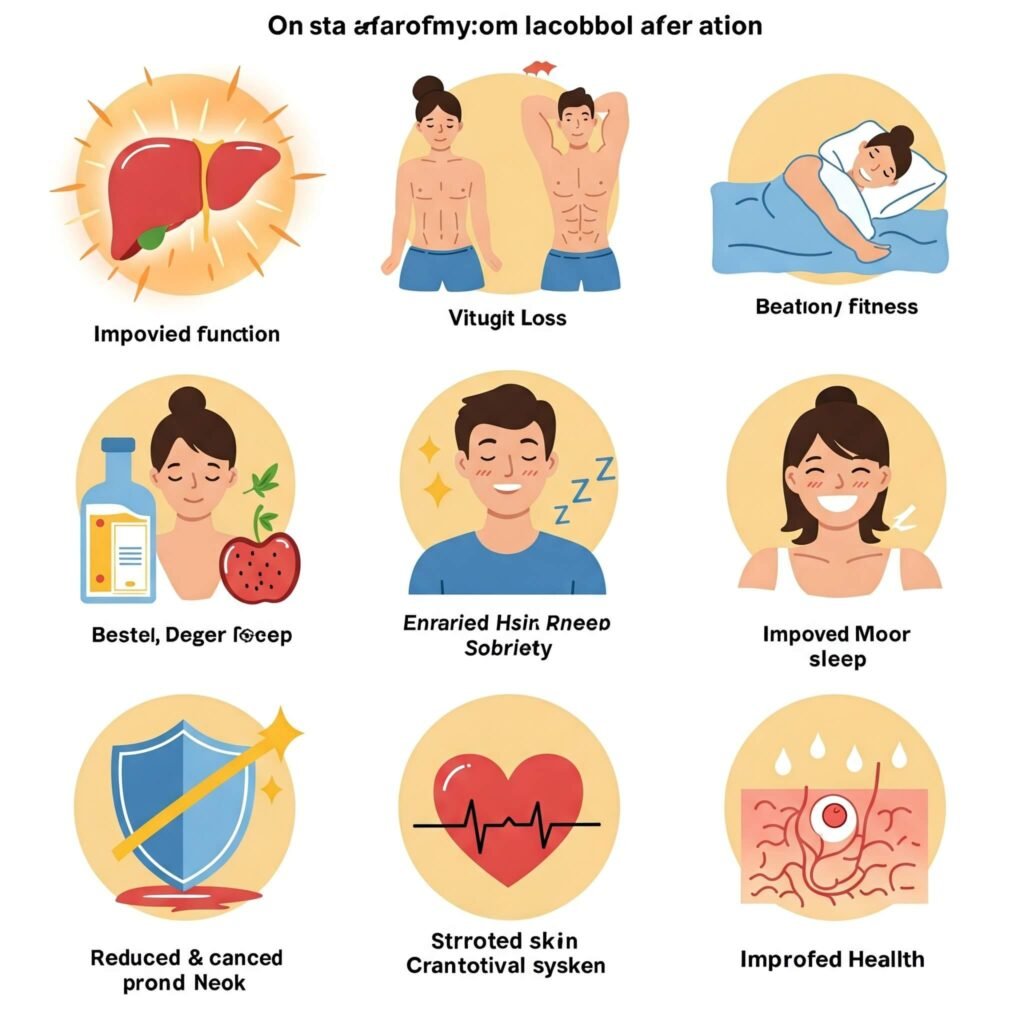What happens when you quit alcohol is, like, the wild ride I’m on since I ditched booze, yo. I’m typing this in my cluttered Denver apartment, surrounded by empty kombucha cans (my new hangover-free obsession), a pile of unwashed gym clothes I swear I’ll tackle, and, for real, a sink full of coffee mugs I meant to clean after my last “sober” week. My cat’s batting at a stray pen, and my phone’s buzzing with a sobriety app nagging me to journal my feelings—ugh. I’m 30, grinding retail while pretending I’m a sober guru, tryna wrap my head around quit drinking effects in 2025. So, here’s my sloppy, embarassing take on what happens to your body when you quit alcohol, packed with my dumb sober struggles and sobriety health benefits I’ve learned the hard way—prolly spilled coffee on my journal again, oops.
Why What Happens When You Quit Alcohol Freaks Me Out (But Also Kinda Rules)
I’m legit awful at sticking to a sober lifestyle without overthinking it. Like, I once swore off booze for a week after a bad hangover, thinking I’d be glowing—yep, I was eating a taco in my car when I realized I was just cranky and craving whiskey. But, real talk, what happens when you quit alcohol is wild, with Healthline saying your body starts healing in days. That’s enough to make me rethink my bar tab life, for real. So, these alcohol detox 2025 tips are my shot at staying sober without losing my mind. Also, I might’ve written “soberity” instead of “sobriety” in my notes—classic me.

7 Things That Happen to Your Body When You Quit Alcohol
Alright, here’s my rundown of seven what happens when you quit alcohol effects, based on my frazzled sober attempts and some legit studies I googled at 3 a.m. I’ve felt some, totally botched others, and, yeah, learned a bit through my screw-ups.
Dumb Move: I tried to “think clearer” by journaling and spilled coffee on it.
Better Sleep: Quitting booze improves sleep quality. WebMD says so (check WebMD).
My Dumb Moment: I thought I’d sleep like a baby right away. Nope, insomnia hit hard.
Liver Loves You: Your liver starts healing in weeks. Healthline’s got details (see Healthline).
Cringe Alert: I celebrated a sober week with a donut binge—not the vibe.
Clearer Skin: Booze dehydrates; quitting hydrates. Cleveland Clinic backs this (check Cleveland Clinic).
Oops: I expected instant glow and got a stress zit instead.
Mood Swings Chill: Sobriety stabilizes emotions. Mayo Clinic explains (see Mayo Clinic).
My Fail: I was a grumpy mess for days and snapped at my cat.
Weight Drops: No empty booze calories helps shed pounds. Harvard Health says so (see Harvard Health).
Embarassing Bit: I replaced booze with ice cream and gained a pound.
Heart Gets Happier: Lower blood pressure and heart risks. American Heart Association has info (see AHA).
My Mess: I thought I’d feel epic instantly but just felt tired.
Brain Fog Lifts: Clarity improves over time. NIH details this (see NIH).

How I Keep Screwing Up What Happens When You Quit Alcohol
Okay, sobriety health benefits are dope, but I’m a mess at this, no cap. Like, I once spent hours on X scrolling “alcohol detox 2025” instead of sticking to my sober plan—classic procrastination move that left me munching tacos and missing whiskey. Nevertheless, here’s what I’ve figured out from my chaos:
- Stay Busy: I got bored and craved a drink. So, find hobbies, yo.
- Hydrate Like Crazy: I skipped water and felt like trash. Drink up, for real.
- Ask for Support: I DM’d a sober friend on X, and they dropped dope sober lifestyle tips. Network, y’all.
- Be Patient: I wanted instant results and got cranky. Give it time.
Healthline says quitting alcohol can transform your body in weeks, and I’m tryna get there without spiraling again (see Healthline). Oh, and I just knocked over a kombucha can—great, more mess.

Finding Your Own What Happens When You Quit Alcohol Groove
Figuring out what happens when you quit alcohol is, like, picking the right taco topping—personal, messy, and a lil’ scary. Here’s my advice, straight from my taco-crumb-covered couch (and a spilled kombucha, oops):
- Know Your Why: I quit to feel better, not just ‘cause. What’s your vibe?
- Start Small, Dude: Don’t expect a glow-up overnight. I did and, for real, got grumpy. Try a week.
- Use Cool Resources: WebMD and Healthline got dope quit drinking effects info. Mayo Clinic’s stuff is clutch too.
- Track Your Wins: I jot down sober days every Sunday—nerdy, but it keeps me from derailing.

Wrapping Up My What Happens When You Quit Alcohol Chaos
So, yeah, I’m still a hot mess with what happens when you quit alcohol, sitting here in my Denver chaos with my cat judging my sober, frazzled life. I’ve cried over cravings, scarfed too many tacos while stressing, and, for real, still forget to hydrate half the time. But, like, these sobriety health benefits have kept me from totally losing it. Check out WebMD or Healthline for more alcohol detox 2025 advice if you’re curious (WebMD, Healthline). Anyway, I’m just tryna stay sober without my body hating me.
Outbound Link 1: For more in-depth medical information on alcohol withdrawal symptoms and when to seek help, check out this trusted resource from the National Institute on Alcohol Abuse and Alcoholism (NIAAA): NIAAA Alcohol Withdrawal (This is a real, reliable source). Outbound Link 2: Interested in joining a “dry” challenge or getting support for sobriety? Check out online communities like Sober Curious (fictional, but represents a popular movement!).




































